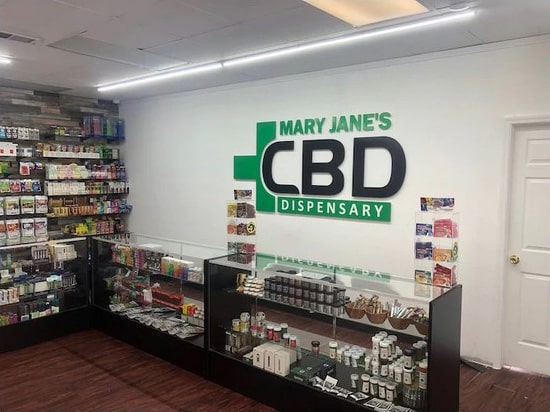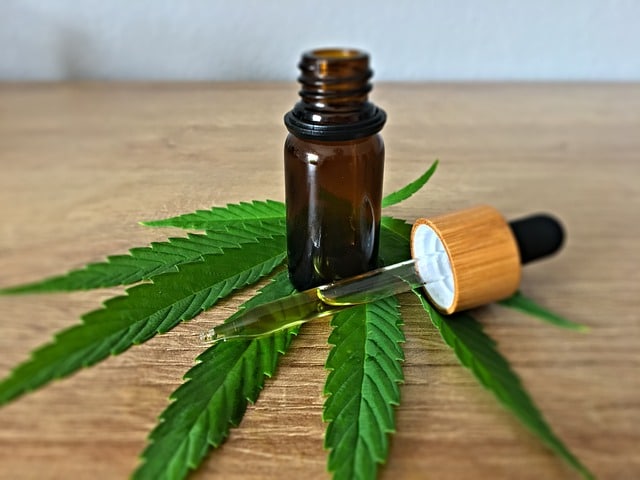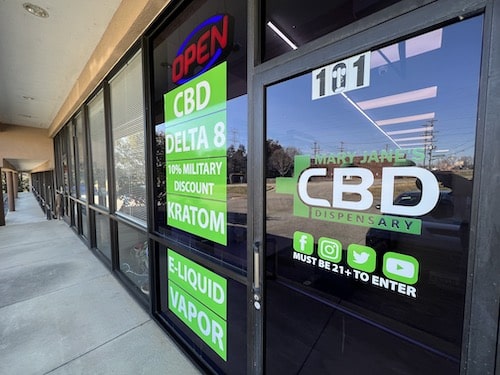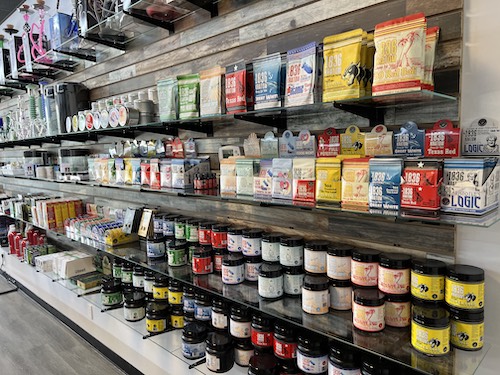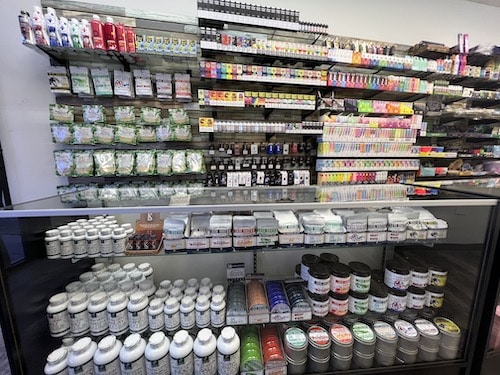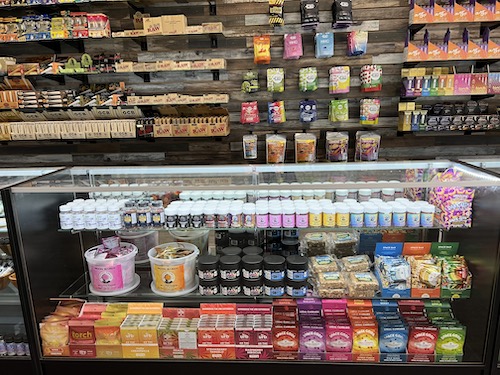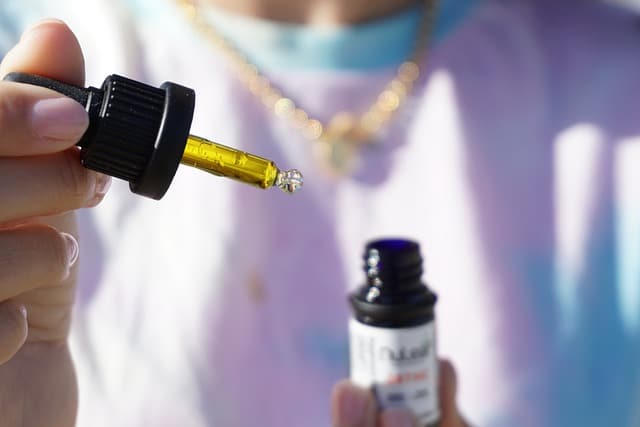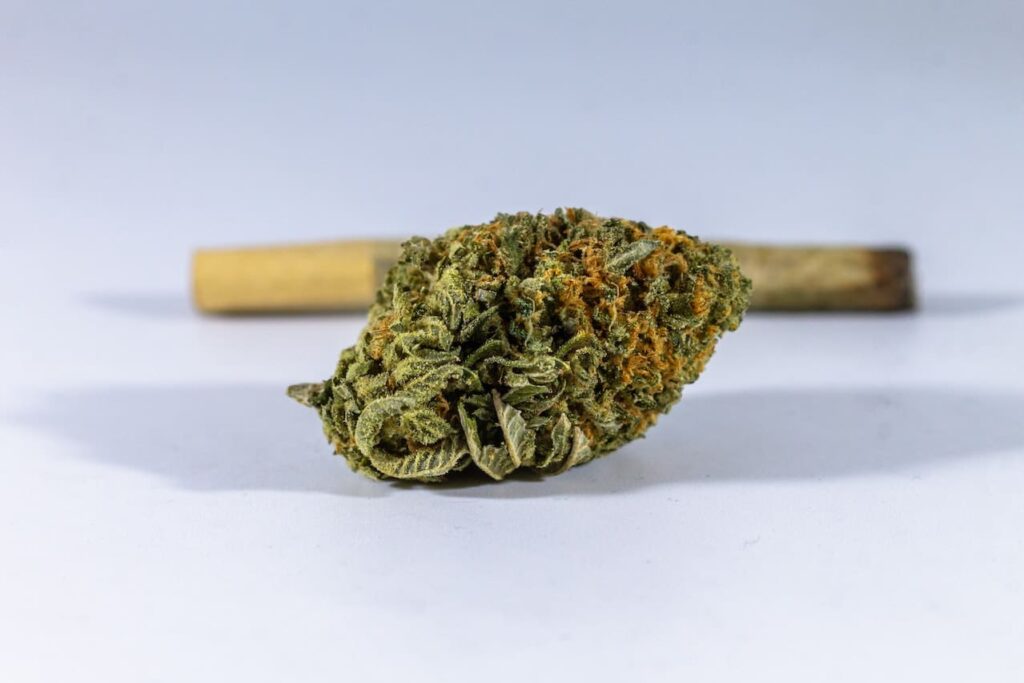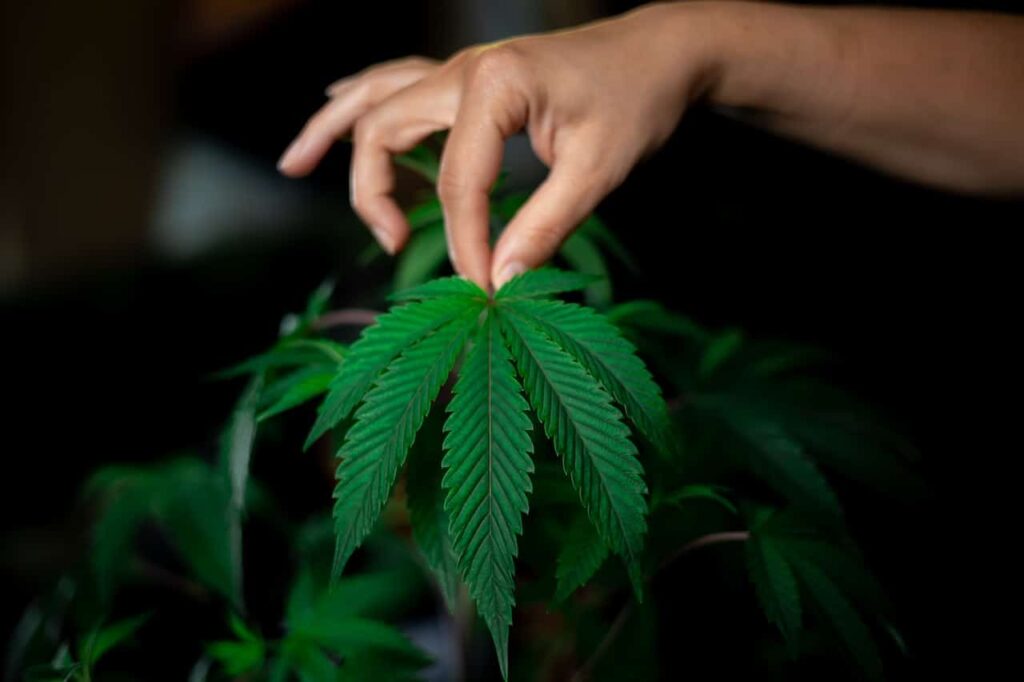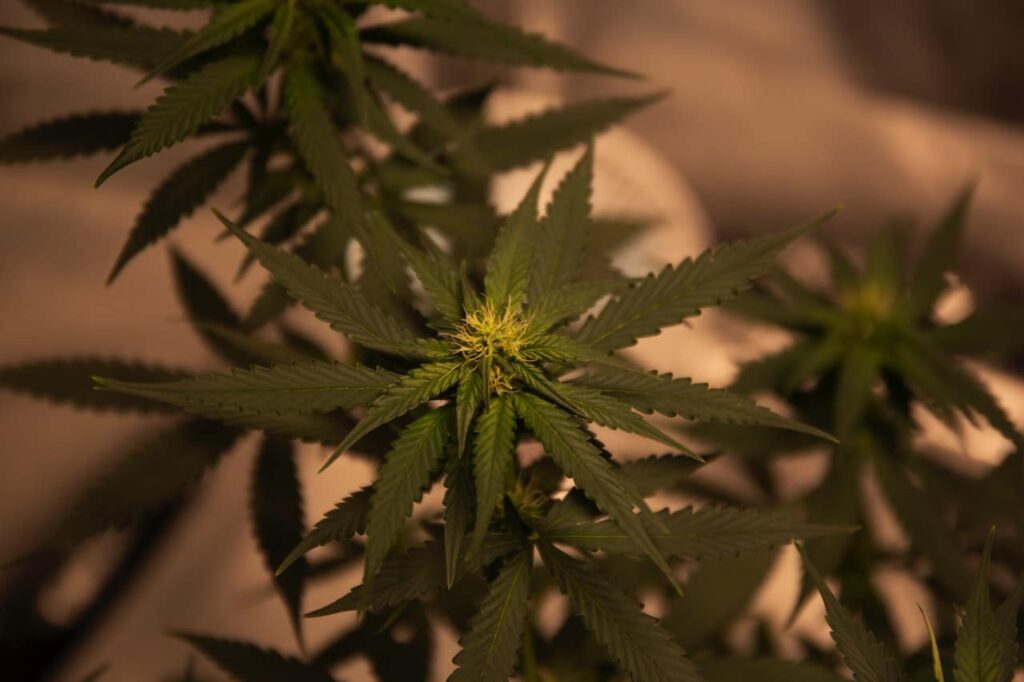
Blog
CBD Restrictions Anger Massachusetts Business Owners | Mary Jane's CBD / Why CBD Move Has Caused Controversy in Massachusetts, CBD, Massachusetts, decision made by state legislators, “More Research” on CBD Benefits Required
Many retailers in the state of Massachusetts are reeling from a decision made by state legislators to ban the sale of a wide range of hemp-derived products containing cannabidiol (CBD).

After many businesses invested heavily to pushed into this newly-formed lucrative market, business owners have been left high and dry with stockrooms full of products they now cannot sell.
So, what has caused lawmakers in to pull the plug on this burgeoning and potentially tax-generating industry?
Why CBD Move Has Caused Controversy in Massachusetts
CBD is a chemical compound which is extracted from the hemp strain of the cannabis plant which is often wrongly associated with marijuana.
However, unlike marijuana, hemp only has a minuscule amount of the psychoactive compound, THC (0.3% to be precise), which is responsible for the “high” feeling that users of marijuana experience.
Bizarrely, the psychoactive marijuana is currently available from licensed retailers in Massachusetts.
But legislators have asked for CBD products such as CBD oil and CBD flowers to be pulled off the shelves while they catch up with the federal Hemp Farming Act of 2018, which made it legal to grow and sell hemp.

“More Research” on CBD Benefits Required
Regular CBD users take it to help with a wide variety of ailments, from reducing seizures to alleviating the symptoms of crippling arthritis.

However, while it’s uses and claims surrounding CBD’s effectiveness have soared, the research has not kept pace, with very few clinical trials using CBD products-completed so far.
The FDA has already begun to clamp down on sellers making unsupported claims.
So, is this the reason state lawmakers have reacted in the way they have?
Apparently not.
According to Massachusetts public health director Merridith O’Leary, “CBD has taken us by surprise, my inspectors were coming to me saying that our retail stores were saturated with CBD products, and I didn’t even know what CBD was.”
According to her, the warning letters asking retailers to remove their CBD-infused products abide by federal law and follows official advice given by the FDA which is adamant that adding CBD to foodstuffs is unlawful.
It seems therefore that this move by state lawmakers is a bid to buy them time to investigate CBD further, rather than to ban it outright.
Where Does this Leave Businesses in Massachusetts?
The approach to Massachusetts’ ban on CBD has been far from uniform with some cities deciding against sending out warning letters to retailers.
Some cities have asked retailers to sell all remaining stock within a year, while others are not actively enforcing the ban at all.
Even O’Leary herself admits that her inspectors “Aren’t going to be looking for it, we’re not going to be targeting anyone.”
There is also some hope on the horizon for CBD sellers, with a bill for the legalization of CBD and CBD-derived products already submitted to the Massachusetts House of Representatives.
This is a decision that can’t come soon enough for many involved in the CBD industry.
Hemp farmers are keen to know the outcome before the next growing season so they can be certain of whether they’ll recoup the investment into growing their crops and retailers want to know whether they’ll need to alter their business model moving forward.
Only time will tell what the lawmakers of Massachusetts decide.

